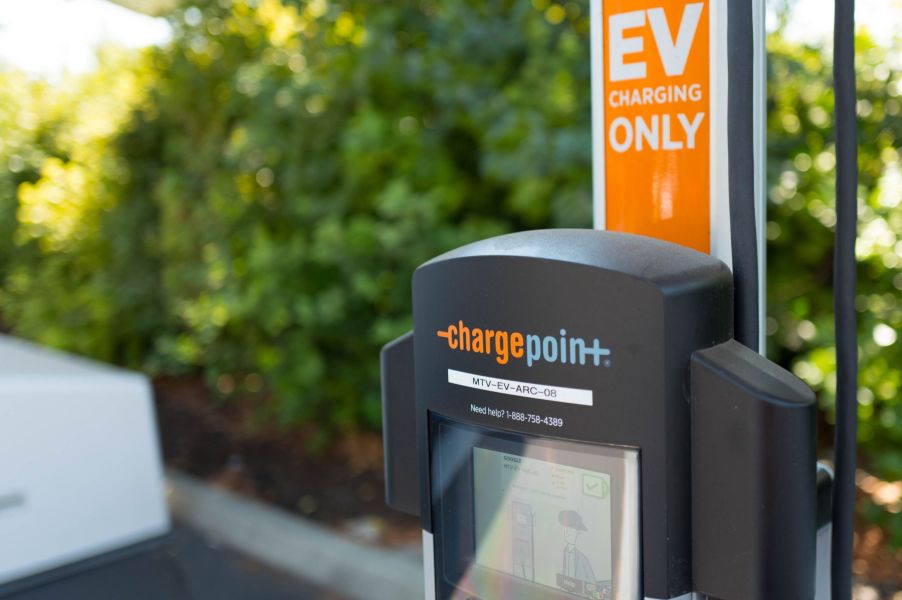
How Much Does It Cost to Charge an Electric Vehicle (EV) With Level 2 Charging?
Despite the rise of EV purchases lately, many people still don’t know about many aspects of EV ownership. Unlike ICE cars, you can’t refuel an EV completely within a few minutes. Even the fastest Level 3 chargers often need at least a half-hour to recharge an EV battery.
Additionally, fast chargers are the most expensive to use. While electricity is still much cheaper than gasoline, using the quickest charger each time can become costly. So, what about the middle road option? Let’s go over the cost of Level 2 charging for EVs.
Where to find Level 2 EV charging stations
Many gas stations across the United States now have Level 2 charging stations and Tesla Superchargers onsite. However, it has also become more commonplace for commercial businesses to have EV chargers in their parking lots. You may be able to find one outside of your local coffee shop, an apartment complex, or even your doctor’s office.
Level 2 EV chargers are also commonly installed outside of workplaces or inside parking garages. Forbes recommends looking for Level 2 chargers near train stations and shopping plazas. While these charging posts might have multiple connectors, the AFDC tells us that each post only charges one EV at once.
If there are many EV owners in your area, you may be waiting a while to use a public charger. Luckily, all EVs include a Level 1 charging cable, allowing you to replenish your EV’s battery through a standard 120V outlet. Many drivers also opt to install Level 2 chargers in their homes.
The cost of Level 2 electric vehicle charging

If you choose to install a Level 2 charger at home, NeoCharge says that the unit itself will cost anywhere between $300-$700. You also have to budget for labor, which may include expensive panel upgrades. Level 2 chargers require 240V outlets, and most homes only have one or two available.
In total, you might pay at least $2,500 for a Level 2 charger before any state-provided incentives. The price of charging your car at home depends on your electricity provider and the rates where you live. KBB recommends charging your vehicle overnight or during daytime off-peak hours when the rates are typically lower.
Public Level 2 charging prices vary greatly. For example, some establishments provide free EV charging if you pay for a parking spot. However, it’s more common to be billed based on your energy usage or time.
According to MyEV, ChargePoint allows individual property owners to set Level 2 charging prices. Other charging network providers, like Blink and Electrify America, usually charge their own flat rates. These can be as high as $0.79 per kWh in some states.
A little prior research can help you find the best deals if you plan on charging your EV away from home. Electrify America offers 25% off charging rates if you purchase a Pass+ Membership, which only costs $4 a month.
Recharging your EV is still much more affordable compared to refueling with gasoline. For example, the current cost of electricity in Oklahoma is 10.7 cents per kWh. By AFDC estimates, a full charge will only cost you $6.
How fast does Level 2 charging work?
The speed of Level 2 charging also depends on several factors. Each charging station may have different power outputs, and some types of batteries recharge slower than others. The Department of Transportation estimates that the average Level 2 charger restores 10-20 miles of range per hour.
It can take up to 12 hours to restore an EV’s battery to 100%, which is why home chargers are so convenient. Even if your EV has 300+ miles of range, you can probably recharge it completely overnight with a Level 2 connector.



